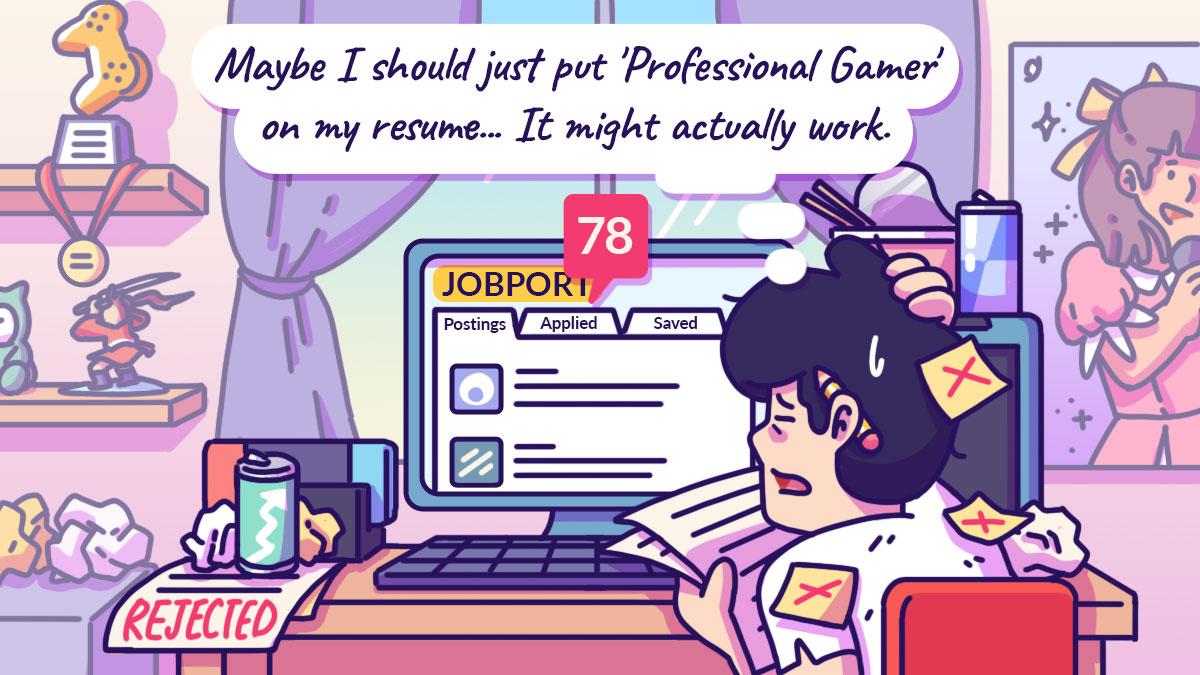As we enter the labour force, there is one priority we are always striving for: higher income. There are many arguments regarding the factors that can boost our wages, and one rather popular option is pursuing further studies.
Having a university degree, master’s degree, professional certification, or PhD gives you an “extra edge” in the working field, but is it really worth it? Graduate and postgraduate studies can be financially demanding, which may result in more debt, more studying, and a lot of uncertainty.
Therefore, we shall dive into how and why pursuing further studies can boost your earning power, along with the exceptions to it.
Is the phrase ‘Learn More, Earn More’ accurate?
It is generally regarded that people with graduate and postgraduate qualifications wield specialised knowledge and advanced skills, placing them ahead of other applicants. Their certificates proved that they are equipped with the skills and knowledge necessary for the field.
Moreover, educational attainment has proven to be fruitful in negotiating higher pay. Singaporean workers who have a university degree or postgraduate degree earn a median salary of at least S$4,200 a month, more than double those with lower education who earn average monthly wages of S$2,000.
This proves that paper qualification does matter to the labour force in Singapore, and continuing higher education does have its rewards.
As of 2024, 43.3% of Singapore's labour force held a university degree or higher. Since most applicants hold the requirement of a bachelor's degree, having a postgraduate qualification gives you an additional competitive edge in the applicant pool.
To back this claim, a study conducted by the Ministry of Trade and Industry proved how workers who pursued postgraduate studies, upskilling, and reskilling programmes were able to negotiate higher earnings. Those who completed an Academic Continuing Education and Training (ACET) Post Diploma programme were reportedly earning higher wages than the average upon graduation.
Pursuing further studies has also increased their likelihood of employment by 3.0 percentage-points (pp) to 8.3pp.
However, do read the fine print.
Having a Master’s degree or PhD in fields that demand credentials and specialised knowledge can be particularly useful. Industries such as economics, healthcare, education, and urban planning require qualifications to climb the ladder. These fields involve complex and constantly evolving knowledge, requiring experts to continuously upskill and learn to keep up with their theoretical and practical demands.
But don’t forget to read the fine print, as not all higher education qualifications can give you what you expect.
Before enrolling for a Master’s or PhD, it is extremely crucial to evaluate its potential ROI (Return on Investment), as the course fees can be costly. It needs to be more than just an extra credential on your resume, but evidence of what you can contribute to your role.
One of the ways to determine if your field values postgraduate qualification is by observing others’ resumes and educational backgrounds. If your dream role does not require a Master’s degree, chances are your field places more emphasis on working experience.
Also, you can research your potential salary increase by comparing average wages for your target role with and without postgraduate qualifications.
In addition, although there are many benefits to having advanced qualifications, its value is only the greatest when paired with experience. In some fields, such as creative industries and skilled trades, working experience even outweighs postgraduate education.
According to Eva Chan, a senior PR expert at Resume Genius, real-world experience is more valuable than formal education in fast-moving industries such as technology, media, and marketing. But it can make a difference for specific professions.
“Having a master’s degree can be helpful in professions like education and urban planning that are “heavily tied to pay scales, promotions or credentials,” Chan says.
Continuous learning never ends
But don’t let us stop you! If you’re one who values continuous learning and pursuing further studies does not hurt your wallet, go for it!
After all, investing in yourself is one of the best ways to grow your money.











